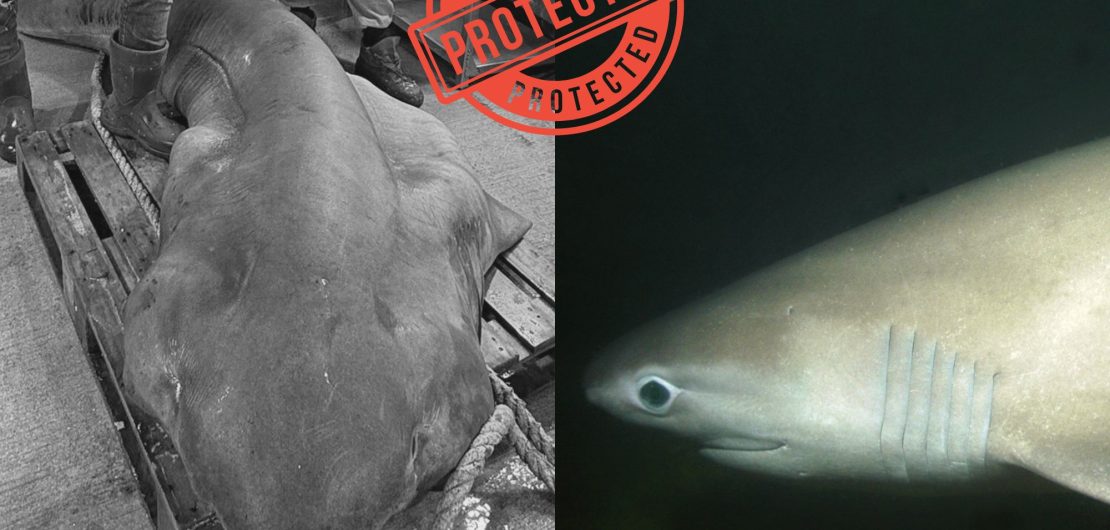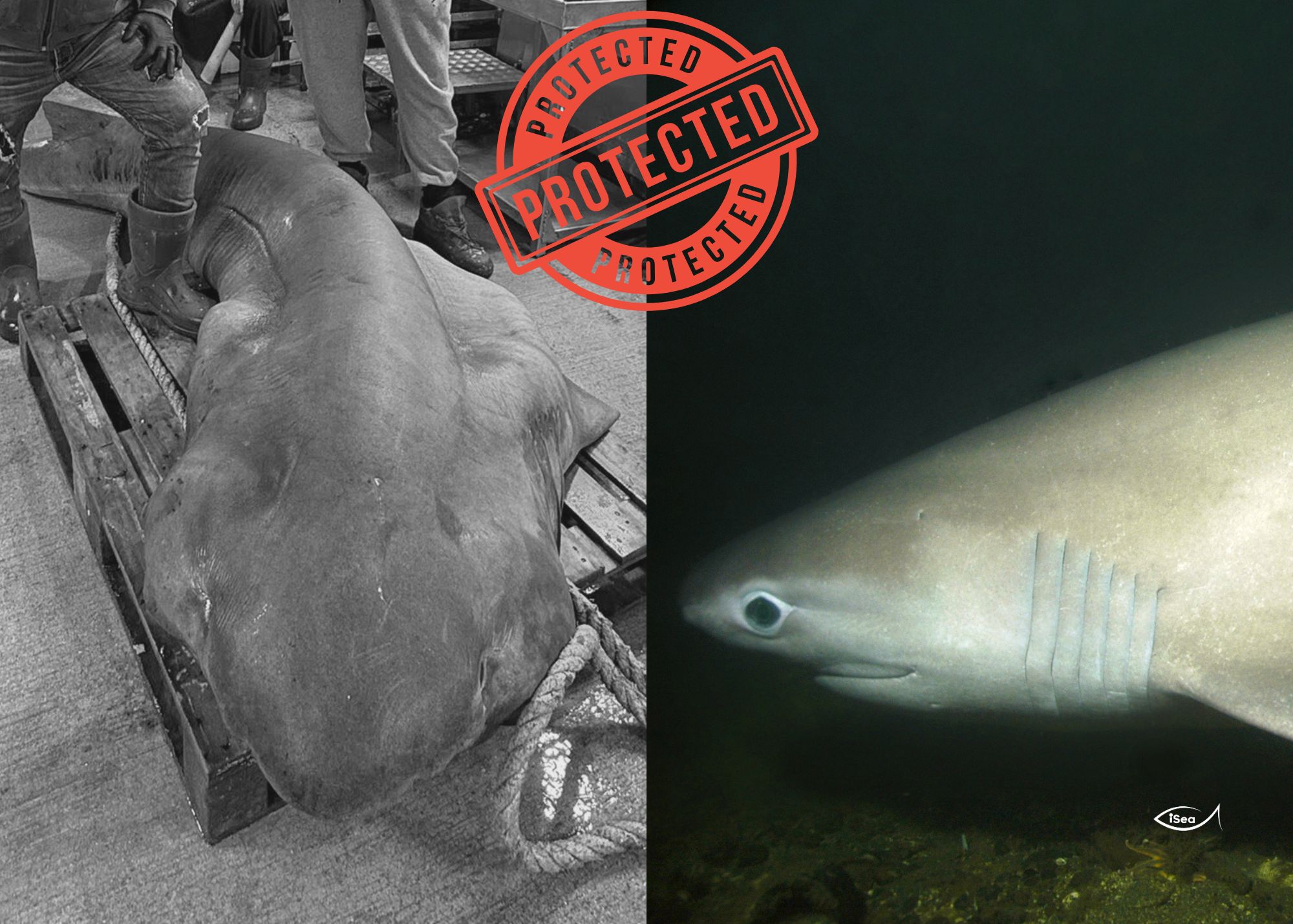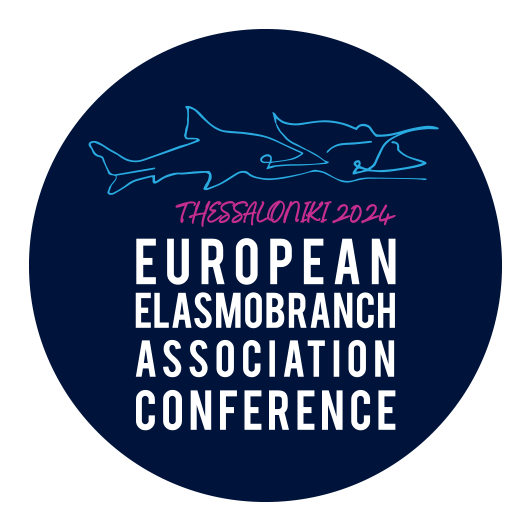
Protected shark species on Central Fish Market of Athens
 A new incident of illegal capture, trade, and display of a protected shark species came to light through videos and photos published by Vasilis Simos, who is, in fact, the President of the Central Fish Market of Athens. The video depicts the species Hexanchus griseus, the Bluntnose sixgill shark, a species whose capture, landing, sale, and display are strictly prohibited under national legislation.
A new incident of illegal capture, trade, and display of a protected shark species came to light through videos and photos published by Vasilis Simos, who is, in fact, the President of the Central Fish Market of Athens. The video depicts the species Hexanchus griseus, the Bluntnose sixgill shark, a species whose capture, landing, sale, and display are strictly prohibited under national legislation.
The incident has already been reported by the environmental organisation iSea to the Hellenic Food Authority (EFET) and the Central Port Authority of Piraeus, and has also been brought to the attention of the competent Ministry. iSea has requested an immediate investigation of the case and the imposition of sanctions on all those responsible, noting that one of the individuals allegedly involved in the shark’s capture had already been reported previously for another incident involving the illegal display for sale of another Bluntnose sixgill shark.
The bluntnose sixgill shark lives at depths of up to 2,000 meters and can exceed 4 meters in length and 500 kilograms in weight. It feeds on a wide range of organisms and can be easily recognized by its six gills. Although this species is protected under both national and European law and despite recommendations from the General Fisheries Commission for the Mediterranean (GFCM), it is often caught as bycatch, mainly by bottom trawling and longlines, and ends up in fish markets and fishmongers labeled as “Galeos” or “Sapounas.” It is also frequently and illegally displayed as a “trophy” to attract consumers.
This particular case is yet another incident that was portrayed by national media as an “achievement,” reflecting a complete lack of awareness. In this case, the individuals involved because of their positions and previous involvement in similar cases, were aware of the species’ protected status. This demonstrates the absence of effective controls and law enforcement.
Following its illegal capture, landing, and display, the protected shark was likely mislabeled and sold as “Galeos,” as more than 60% of shark and ray products in Greek markets that are mislabeled, according to iSea’s research. In addition to being mislabeled to conceal the illegal sale of a protected species, this also poses a serious public health risk. Although “Galeos” is often promoted as a healthy choice and even recommended for children, some of the species sold under this label have heavy metal concentrations exceeding EU safety limits by up to 11 times.
iSea calls on the competent authorities to investigate and identify those responsible, impose penalties, and take effective preventive and educational measures to protect marine species threatened with extinction.
At the same time, within the framework of the “obSERVING NATURE” project, iSea continues to work closely with fishing communities to train them in the identification and release of protected and threatened species that are accidentally caught, while also informing consumers so they can recognize what might really be hidden behind labels such as “Galeos,” “Rina,” and “Vatos.” This contributes both to the conservation of sharks in Greek waters and to public health protection
Find more information below:
